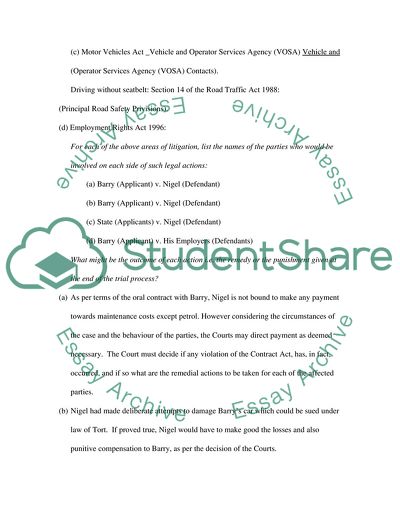Cite this document
(Variety of Law Exercises Assignment Example | Topics and Well Written Essays - 1500 words, n.d.)
Variety of Law Exercises Assignment Example | Topics and Well Written Essays - 1500 words. https://studentshare.org/law/1715464-exercises
Variety of Law Exercises Assignment Example | Topics and Well Written Essays - 1500 words. https://studentshare.org/law/1715464-exercises
(Variety of Law Exercises Assignment Example | Topics and Well Written Essays - 1500 Words)
Variety of Law Exercises Assignment Example | Topics and Well Written Essays - 1500 Words. https://studentshare.org/law/1715464-exercises.
Variety of Law Exercises Assignment Example | Topics and Well Written Essays - 1500 Words. https://studentshare.org/law/1715464-exercises.
“Variety of Law Exercises Assignment Example | Topics and Well Written Essays - 1500 Words”. https://studentshare.org/law/1715464-exercises.


